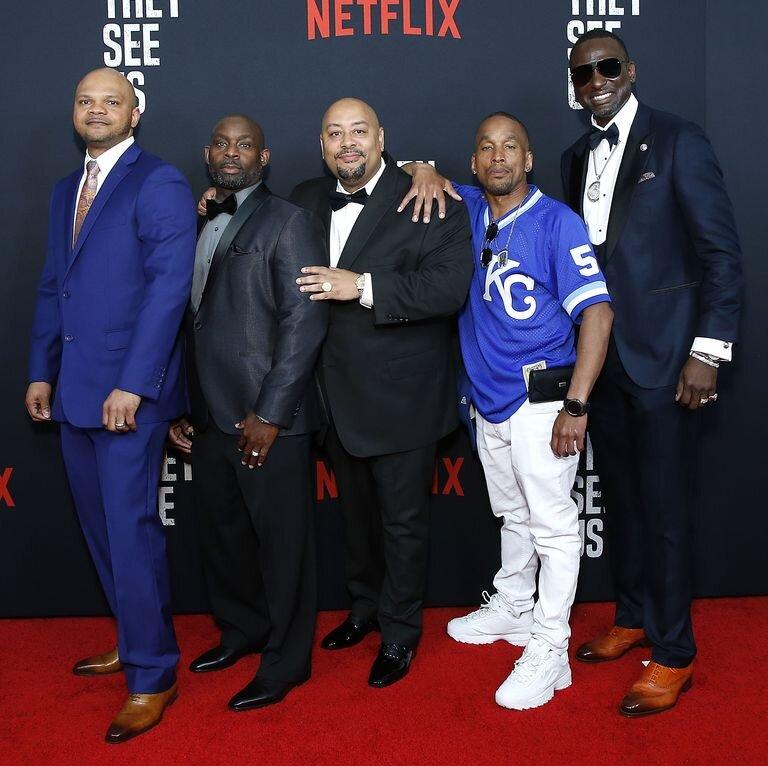Kevin Richardson, a member of the renowned “Central Park Five,” and, now, exonerated after nearly five-and-a-half years of incarceration based on false accusations, is depicted in the Emmy Award-Winning Netflix miniseries, “When They See Us,” directed by Ava DuVernay. Director of student involvement at Sonoma State, Mo Phillips, was so touched after watching the powerful series that she organized to have Richardson as one of the keynote speakers for the Black History Month observances at Sonoma State University. With the anticipation of Phillips and numerous attendees alike, Richardson’s visit to campus in the Grand Ballroom on Thursday, Feb. 20, reigned as much of an immersive experience as it was readily impactful.
Students, staff and community members gathered in the Student Center Ballroom to hear Richardson speak about the traumatic experiences that he endured when he was only 14 years of age. Joining Richardson on stage to interview him was the university’s very own American Multicultural Studies professor, Michael Ezra. Together, Richardson and Ezra unfolded the legacy of the Central Park Five, as Richardson provided detail as to how the case had affected him throughout the entirety of his youth, through the present day.
“The Central Park Five” was made up of five boys – four Black and one Latino – that were tried and convicted for the crime surrounding a woman that was found raped and brutally assaulted in New York City’s Central Park on April 19, 1989. After prolonged periods of police interrogations, Richardson and his childhood best friends – Yusef Salaam, Antron McCray, Raymond Santana, and Korey Wise – all gave (coerced) videotaped confessions to being involved in the attacks.
Richardson shared that the boys, who were only 14 to 16 at the time, were interrogated for 36 hours straight and were denied bathroom breaks, water and food.
Richardson expressed, “I trusted the police because I was taught that the police were there to protect you, to serve…But I found out that it was to divide and conquer.” To stress the unjust acts that the boys had to go through, Richardson, in his own words, referenced famous civil rights attorney, William Kunstler, who said, “Jesus Christ himself couldn’t get y’all off this case because that’s how much it wasn’t going the right way,” as Richardson added, “we were guilty before proven innocent.”
Richardson was tried as a juvenile and convicted of attempted murder, rape, sodomy, and robbery. He was sentenced to five to ten years in prison. Wise was the eldest of the group at 16 and the only member of the five to serve all his time in the adult prison system and ended up being incarcerated for 14 years.
In early 2002, after being placed in the same correctional facility as Wise, convicted murderer and serial rapist, Matias Reyes, confessed to the crime. The evidence was subjected to DNA testing, as the DNA profile obtained from the sperm found in the rape kit indeed matched the profile of Reyes.
On December 19, 2002, through the recommendation of the Manhattan District Attorney, the convictions of the five men were overturned. In 2014, they received a 41 million dollar settlement from the city of New York for its onslaught of grievous, systematic injustice against them.
Yet, as the lives of Richardson and the others attempt to move forward, Richardson’s response to one question in particular reigns most telling: when asked by Ezra if the money was worth what he had to live through, Richardson responded with, “No amount of money could ever be equivalent to what we had to go through, so if I had my choice, you can have your money…I want my freedom back.”



































